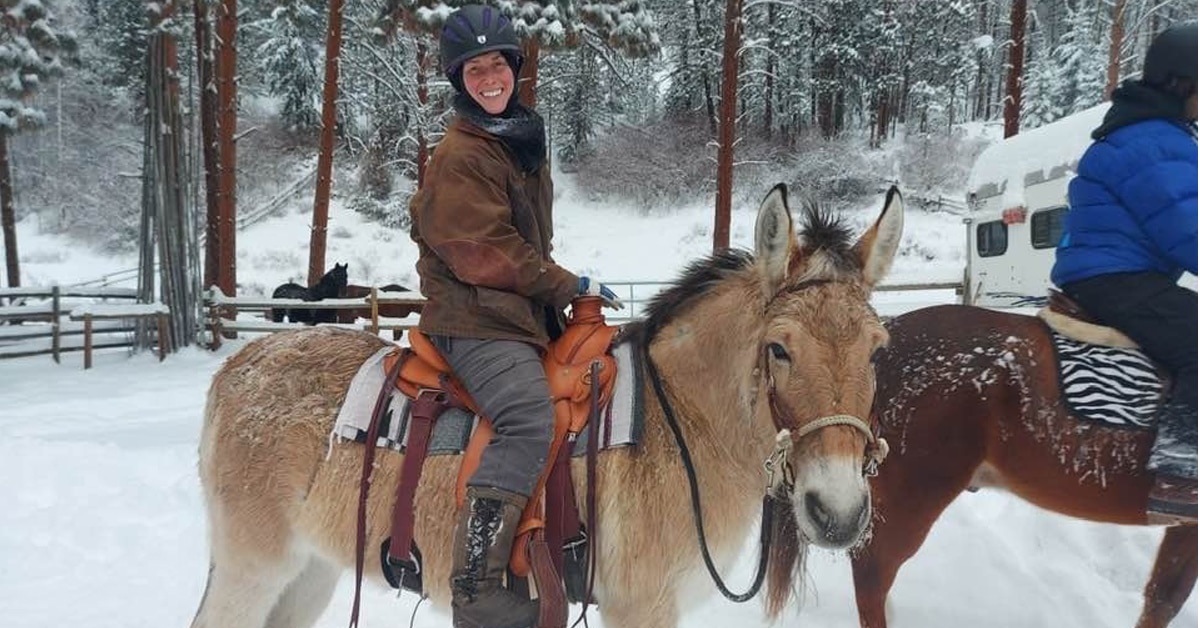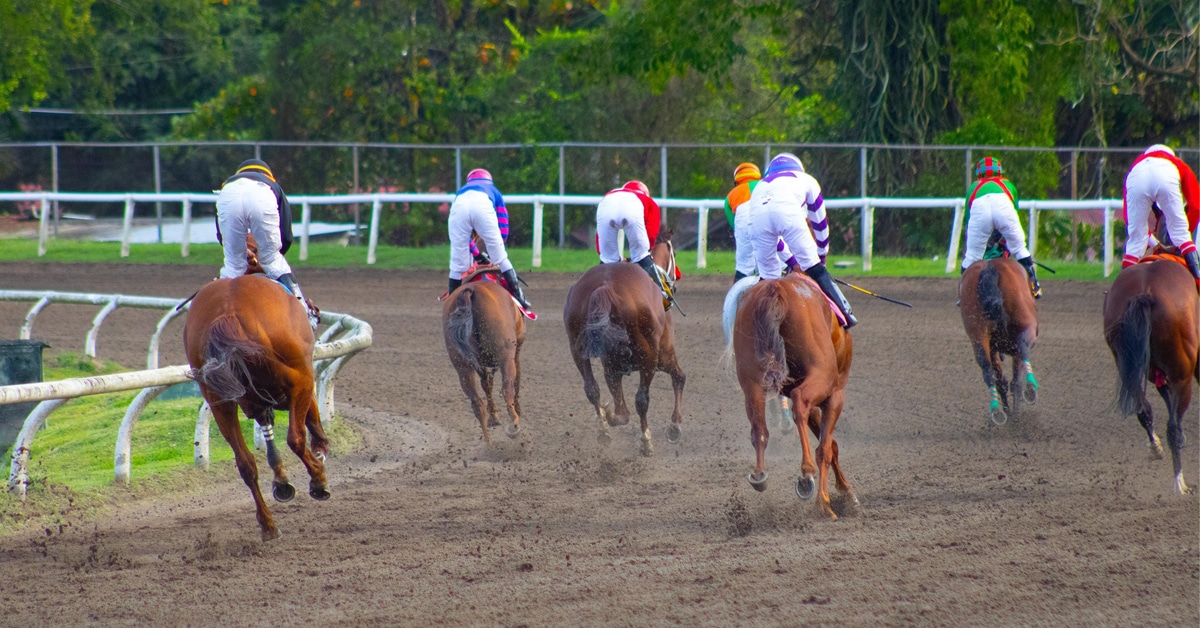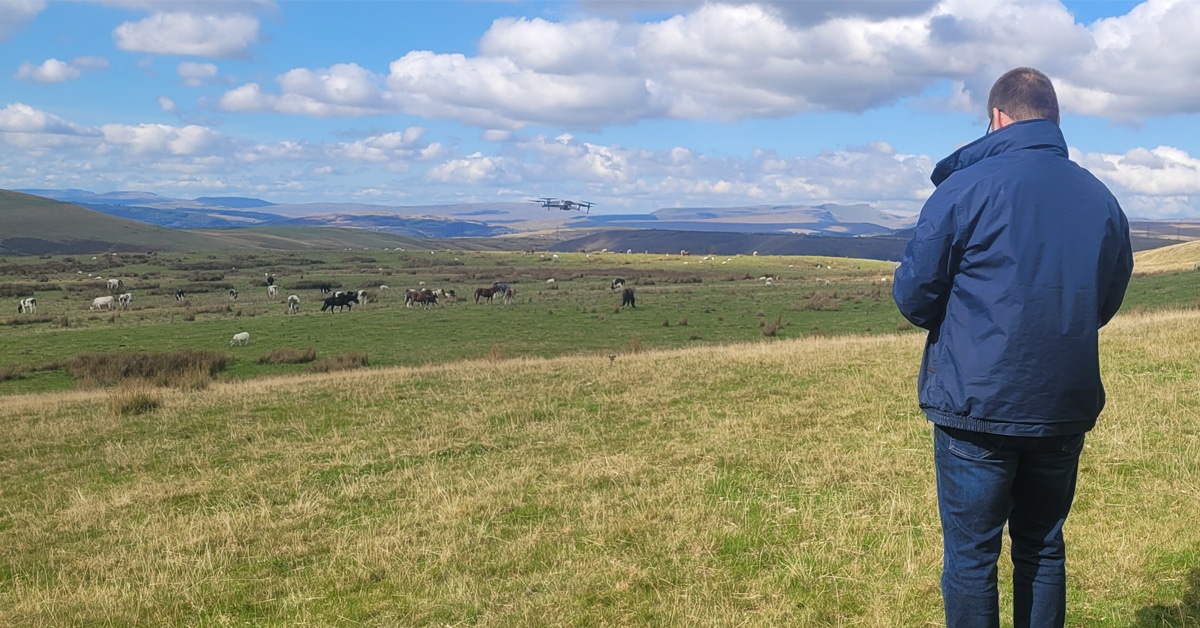Equestrians don’t often think of riding accidents as trauma, but that is exactly what they are. They are dangerous or frightening events in which the individual is powerless, fears for her life or physical safety, and where escape seems impossible. This is the definition of trauma. Riding accidents impact our brains the same way as car accidents, assault or natural disasters.
Whether you hit your head and sustain a concussion or not, you can experience emotional and cognitive changes after a traumatic accident. Seeking guidance from a trauma therapist can help you reduce the impact of the trauma on your brain. One tool therapists use is called EMDR therapy (Eye Movement and Desensitization Reprocessing Therapy), which was designed to help individuals desensitize their brains to trauma experiences so they can live their lives fully and return to a state of well-being.
Trauma memories are stored differently in the brain than other memories. They remain available at all times in order to keep us on high alert for more danger. Because of this, we are easily re-triggered by anything in our environments that remind of us the trauma – like riding. EMDR therapy can help your brain to process and store trauma memories as if they were any other everyday memory. It works very much the same way as your brain does on its own during the REM sleep phase. Your eyes move back and forth across your visual field while you dream. When this happens, your brain is processing memories, images and events, and storing them appropriately in either short-term memory, long-term memory or the trauma memory category. Most of our memories are sorted into the first two categories each night.
In an EMDR session, your therapist will move his or her finger back and forth in front of your face and ask you to follow these hand motions with your eyes. At the same time, the therapist will have you recall a disturbing event. This will include the emotions and body sensations that go along with it. Asking you to move your eyes bilaterally across the visual field while you process the traumatic memory in a therapy session can mimic this natural process in your brain. In doing so, your EMDR therapist can help you properly store the memory of your accident in long-term memory, so it is not available to re-trigger you repeatedly. In this way, you are using your brain’s natural capabilities to help you desensitize yourself to the trauma.
After successful EMDR therapy, your riding accident will be a memory of an event that happened to you just like the memory of the time you fell off the swing set when you were five years old. It will still be there, and if you focus in on it, you will be able to recall the negative emotions associated with it. However, you won’t feel constantly impacted by it in your everyday life. Otherwise, you would be walking around with a fear of swing sets today!
For more information about EMDR therapy and trauma check out the following:
- emdrcanada.org
- ncbi.nlm.nih.gov/pmc/articles/PMC3951033
- scientificamerican.com/article/emdr-taking-a-closer-look
- camh.ca/en/health-info/guides-and-publications/trauma
To find an EMDR trained therapist in your area, contact your physician or your local mental health services providers.
The Latest









